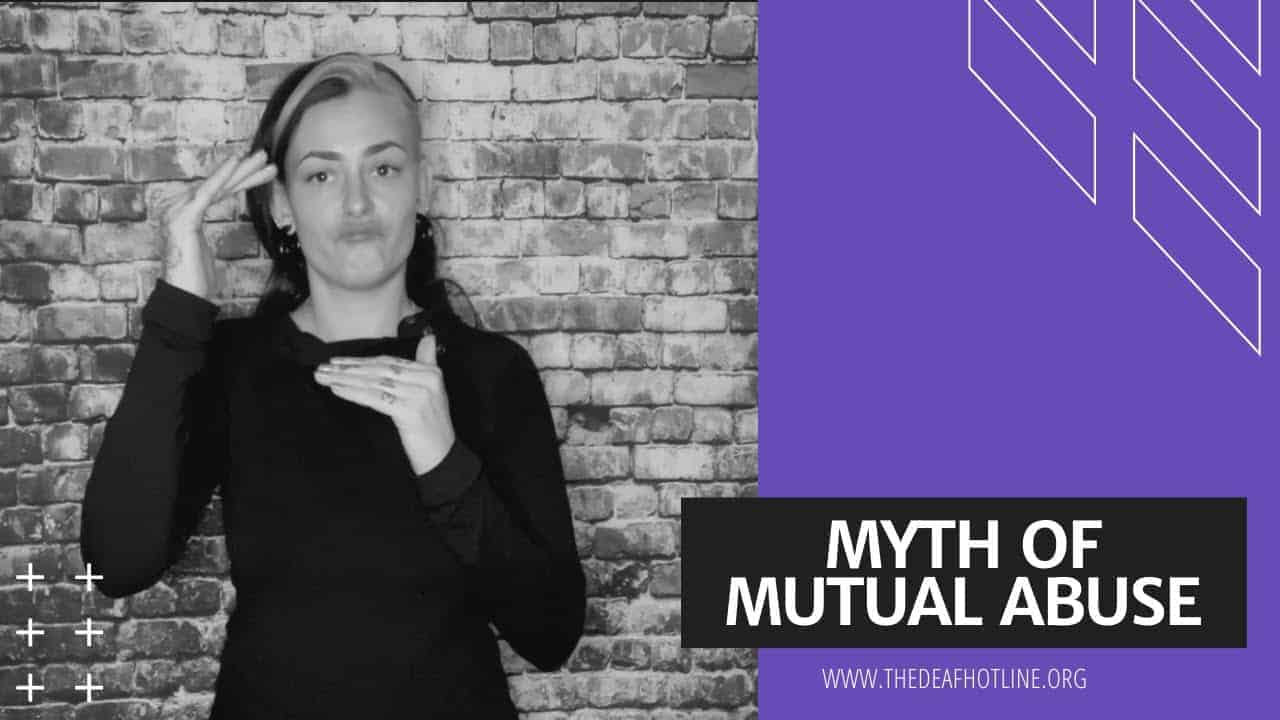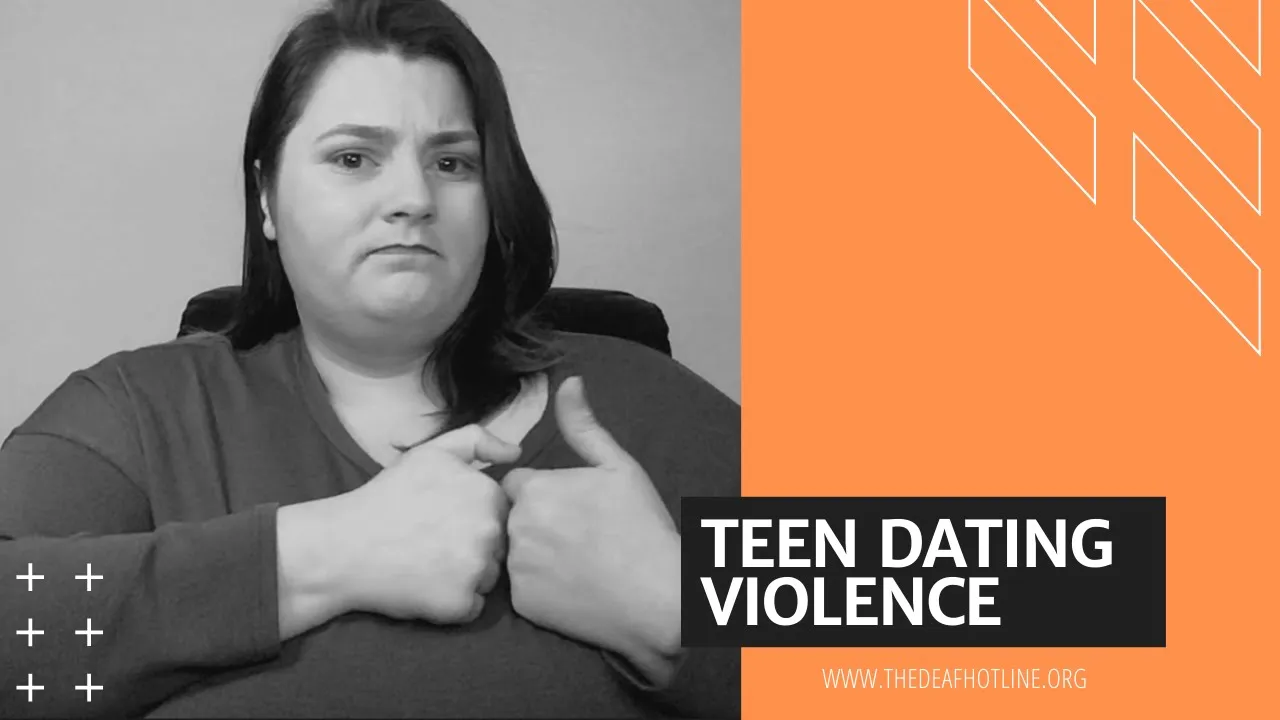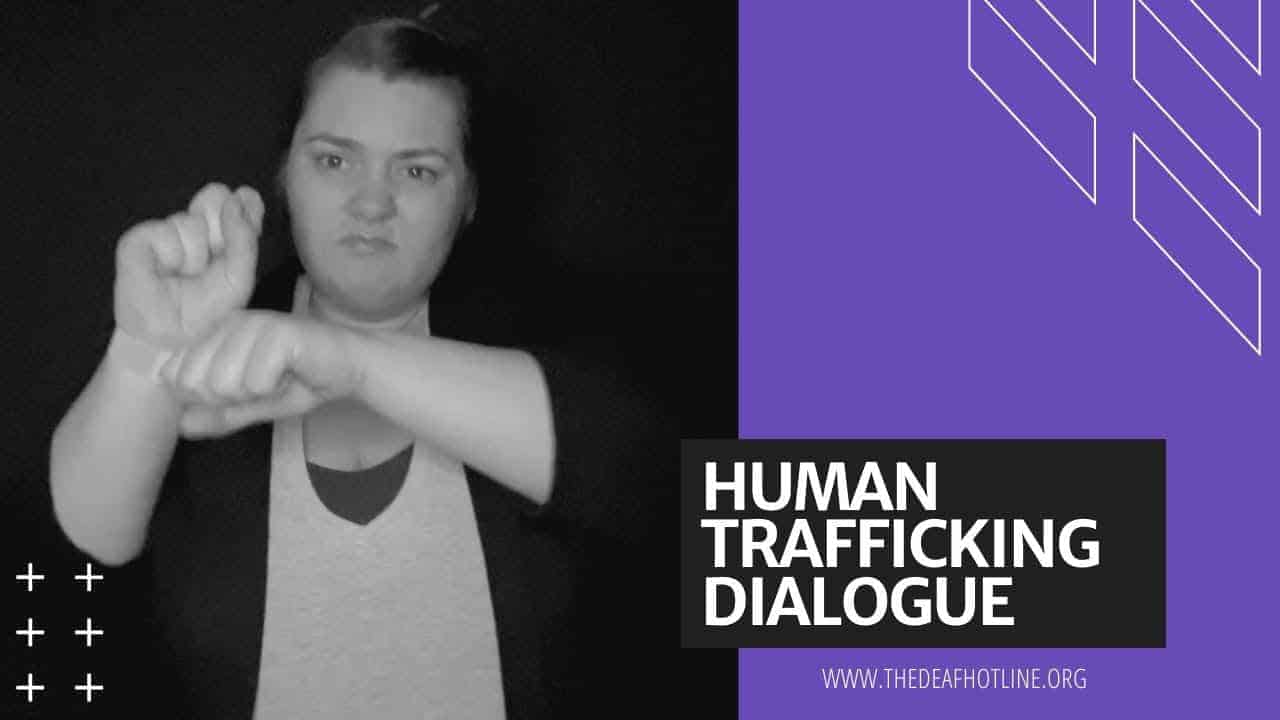Everyone deserves to be in a healthy relationship where both partners are treated like equals, all the time. Equality can mean different things to different partners; what matters most is how you and your partner define it for your relationship on an ongoing basis.
It’s important to communicate openly about the balance in your relationship, especially if one or more of you feel unhappy or uncomfortable. In an abusive relationship, one partner uses abusive tactics to gain power and control over the other. This type of relationship is extremely unbalanced and unequal. If you feel concerned about the level of equality in your relationship, here are some questions that could help clarify the dynamics:
- Do both sides get heard in an argument, and do you both compromise and negotiate respectfully?
- Conflict is a normal part of every relationship, but how you and your partner handle conflict is what counts. Are you able to openly and safely express your feelings and opinions to your partner, and vice versa, every time you have a disagreement? Does your partner listen respectfully to your needs and concerns and treat them as equally important as their own?
- Do you both feel comfortable with the financial balance in the relationship?
- Making mutual financial decisions that both people are comfortable with is an important part of a healthy relationship. Even though discussing money can feel difficult, keeping communication open about how the financial balance feels to both partners is important for maintaining equality. However you and your partner choose to divide (or not divide) financial responsibility in the relationship is entirely up to the two of you. What isn’t healthy is when one partner tries to control shared financial resources, limits the other person’s ability to earn an income, or makes financial decisions without their partner’s consent. Both people’s needs and goals should be equally respected in financial decisions, even if one person is the breadwinner.
- If you have kids together, do you and your partner have equal weight in parenting decisions?
- In a healthy co-parenting relationship, both people listen to each other’s concerns and have equal say in parenting choices. Disagreements are resolved through open communication and respectful compromise. If you feel like your partner dismisses your concerns, tries to control parenting decisions, or does not share parenting responsibilities as agreed upon by both partners, it could be a red flag for unhealthy imbalance in the relationship.
- Do you feel safe with and respected by your partner?
- Respect is so important in a healthy, equal relationship, and you and your partner both deserve to be feel respected as autonomous individuals. Feeling safe is important, too. You shouldn’t be afraid to express your thoughts, feelings or needs to your partner. If you fear your partner may put you down, treat you like a lesser in the relationship, or become violent, that’s a red flag. If you answered “yes” to all of these questions, congratulations: it sounds like your relationship is pretty equal! If you answered “no” to one or more questions, this could be an indication that you and your partner might want to work on creating more balance in your relationship, or that you might want to assess for red flags for unhealthy or abusive dynamics in the relationship.



